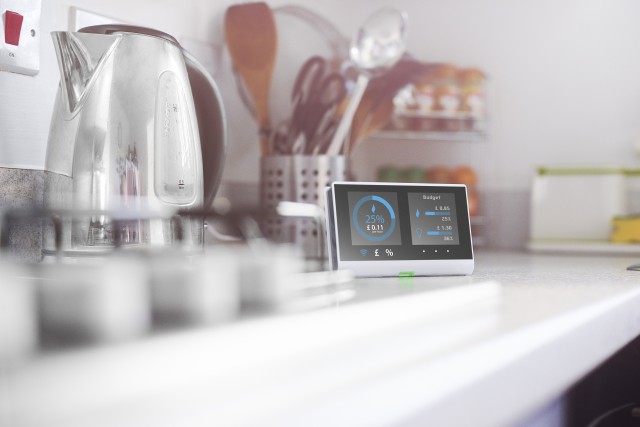Smart Meter Requirement Excludes Nearly Half of Billpayers
Millions of households in the UK are set to miss out on cash savings from reducing their energy usage once again this year. The Demand Flexibility Scheme (DFS), which pays participants for using less energy during peak times, is unavailable to nearly half of billpayers who do not have a smart meter. According to reports, around 47% of households do not have smart meters, which are essential for participating in the DFS scheme that pays customers a minimum of £3 per kWh of electricity saved.
DFS Scheme Aims to Prevent Blackouts
The DFS scheme was first launched last winter as a measure to prevent potential blackouts and ease pressure on the UK's energy network. The National Grid ESO (Electricity System Operator) has brought it back again, although the risk of blackouts has significantly diminished. Under the scheme, households that use less electricity than normal during certain hours are paid for their savings. However, only those with working smart meters can participate, as the device provides half-hourly readings of power usage. An estimated three million households with dummy devices will be unable to take part.
Smart Meter Network Scrapping Could Lead to More Exclusions
Reports suggest that more households may miss out on energy savings in the future as smart meters fitted in seven million homes are expected to become "dumb." The 2G and 3G phone networks, which smart meters rely on, are being scrapped, rendering some devices useless. Around seven million of the 32.4 million smart meters installed up to March this year will need to be replaced. Additionally, some smart meters can become dumb when switching energy suppliers. This exclusion could disproportionately affect people living in rented accommodation, older homes, and those who cannot get a smart meter fitted.
Consumer Rights Expert Highlights Inherent Unfairness
Consumer rights expert Martyn James argues that while rewarding people for conserving energy is a good idea, the DFS scheme is inherently unfair. Those living in rented accommodation, older homes, or unable to get a smart meter fitted end up paying more. James also notes that most energy firms have long waiting lists for smart meter installations, which may cause further delays over the winter months. Last year, 1.6 million households and businesses were paid a total of just under £11 million for participating in the DFS.
Earn Pounds, Points, or Prizes by Shifting Energy Usage
Homes and businesses across Great Britain will once again have the opportunity to earn rewards for shifting their energy usage outside of allotted periods. The ESO will be running 12 test events where households can make savings, and additional "live" events may be held if the Grid determines that usage needs to be reduced. Each energy provider has its own eligibility criteria for participation, and the exact amount participants receive will depend on their supplier.
Smart Meters and Benefits
Smart meters were first introduced to homes in 2011, with a target of having one in every home in the UK by 2020. However, the deadline has been extended to 2025. Smart meters are designed to eliminate the need for traditional meter readings and provide more accurate bills based on actual usage. They also allow users to track energy consumption during different times of the day and participate in energy-saving schemes. Getting a smart meter installed is free, and customers can contact their energy supplier for more information.








